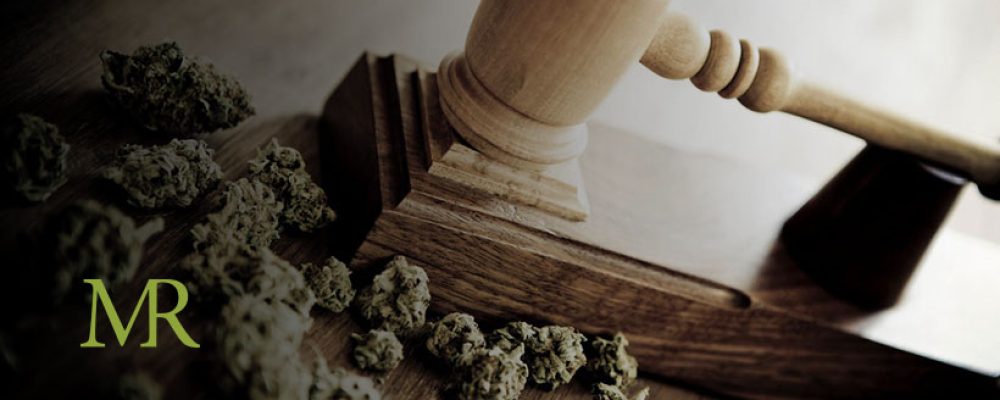This is what the cannabis industry has been clamoring for. Too bad it took a pandemic to move things in the right direction.
On May 12, a provision that would allow banks to serve state-legal marijuana businesses (without a spanking by the feds) is now part of a whopping $3 trillion COVID-19 stimulus bill. The development was announced by U.S. House Democrats. And the zinger? The Secure and Fair Enforcement Banking Act, otherwise known as the SAFE Banking Bill (you know, that critical one announced in September) has been included in its entirety. In case you didn’t read that clearly, here it is again: Cannabis banking is included in the House COVID-19 stimulus bill. Boom.
This could be the fuel needed to spark spectacular growth in the industry. The operative word here is could. Senate Republicans are already warning they will put a kibosh on considering the stimulus bill if passed by the House, noting that more COVID-19 stimulus funding isn’t needed yet.
The proposed Health and Economic Recovery Omnibus Emergency Solutions Act, otherwise known as the HEROES Act, would include additional stimulus checks, stricter controls on evictions, pandemic pay for essential workers…and SAFE Banking provisions.
And good ol’ Debbie Downer, aka Idaho Republican and Senate Banking Chair Michael Crapo, would most likely modify the measure. Back in December, Crapo communicated his own version of cannabis banking reform. This included THC potency limits. Crapo noted that he did not support the SAFE Banking Act as it was written then.
In a crafty move, David Mangone, a Washington DC lobbyist who also works for the National Cannabis Roundtable, implied that the SAFE Banking Act is more likely to pass if it’s part of a larger bill. So there you go. Mangone told Marijuana Business Daily that including the SAFE Banking provisions in the draft legislation is a victory that “strongly supports the decision that the majority of states have made by designating cannabis essential.”
Banking — or lack of access to it — has been a cost-prohibitive option even when it was available. Some credit unions that agree to work with cannabis businesses may quote minimum monthly banking fees from $1,000-$4,500 per month. Those exorbitant fees are more than many small cannabis businesses can handle. This pressures businesses to continue to do business in cash, which causes them to pay more for insurance and pay higher premiums.
If the SAFE Banking provisions remain in the HEROES Act, and it passes, commercial insurance carriers can enter the cannabis marketplace. This would energize reinsurance interests, provide essential banking services, and generate additional capital. Commercial banking and insurance carriers are leery of participating in the industry until the feds agree to not hold liable or penalize those that serve the cannabis industry. The feds still consider cannabis a controlled substance. The relief is found in a provision in the latest relief bill. It states that transactions involving activities related to a cannabis business or service provider cannot be considered proceeds from unlawful activities.
The National Organization for the Reform of Marijuana Laws (NORML) applauded the inclusion of SAFE Banking. The group also encouraged Congress to include separate provisions in the act to enable cannabis businesses to be eligible to receive loans and other types of financial assistance via the Small Business Administration — which they were left out of in the last round of relief.
“In the majority of states, these cannabis businesses have been deemed essential during this pandemic. But at the federal level, they are being cast aside by Congress,” NORML Political Director Justin Strekal said in a statement. “Those small cannabis businesses facing tough economic times are essentially being told by Congress to shutter their doors and fire their employees.”


